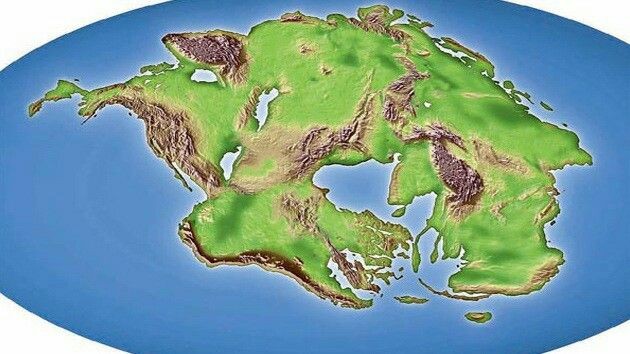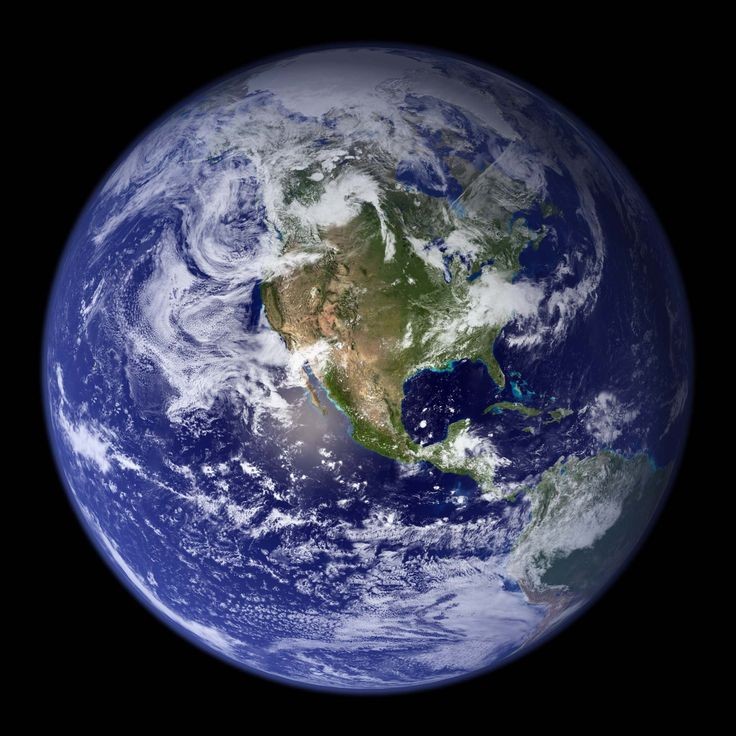12 fascinating facts about our planet Earth
If you think you know everything ng about our planet earth thing again! Scientists are discovering a new thing every day and still, they believe our planet is full of mysteries. EARTH is full of fascinating things whether it is the driest place or the tallest mountain. Do you who named earth? Or how was the moon the only natural satellite of our planet earth was formed? Let’s answer these questions
1. Freshwater represents only 3% of all water on Earth.
Around 72% of our earth is made up of water. Out of this 97% of the water present on our planet is oceanic or seawater which is salty and not fit for drinking. The remaining 3% is freshwater is held in glaciers (70%) and Lake Baikal (20%). Only 0.3% of the total water on earth is there for human consumption.
Despite the fact that American Samoa is only 1,240 miles away from the Line Islands that form part of Kiribati, the time difference between the two neighbors is 25 hours
3. The the driest place on Earth
It’s commonly believed that the driest place on our planet earth is the Atacama Desert in Chile that hasn’t had rainfall for thousands of years. But the Mcmurdo dry valley in Antarctica has seen no rain for about 2 million years. Also, Scientists consider the Dry Valleys perhaps the closest of any terrestrial environment to the planet Mars.
4. Most of our planet always lies in the dark
We all know that the world ocean occupies around 71% of the planet’s surface. Also, the depth of the water exposed to sunlight is no more than 655 feet, so the rest of the water is usually in the dark
5. Mount Everest is NOT the tallest mountain in the world
 |
| Mauna kea summit |
We always read that the tallest mountain in the world is Mount Everts. But this is actually half true. If we talk about above sea level no other mountain is taller than Mount Everest. But Hawaiian Mauna kea, if measured above sea level, has a height of about 13,795 ft. (4,205 m) however, the biggest part of the volcano rest below sea level. So if measured from the base, Mauna kea is 33,475 ft. high which is 4,445(1,355 m) taller than Mount Everest.
6. all 7 Continents will reunite in 250 million years
 |
| Pangea Ultima |
About 335 to 175 million years ago Pangea, a supercontinent split into two continents mainly Laurasia and Gondwana. later the two split into parts forming seven different continents present today. but, scientist believe that all seven continents will group together in 250 to 300 million years from now, and will form a single supercontinent called Pangea Ultima
7. A single-celled organism caused the first mass extinction
scientists from Massachusetts Institute of technology suggested a theory that explained the mass extinction that wiped out almost 90% of living organisms on our planet. a bacteria named Methanosarcina suddenly bloomed in the oceans 252 million years ago, triggering the only mass extinction of insects known to science. it also gave Archosaurus a unique opportunity to evolve. by the way, crocodiles evolved from Archosaurus.
8.Gravity isn’t the same everywhere on the planet.
if you think the earth is round then here is a shocking fact for you, it isn't. the earth is not perfectly round, it's more like a sphere or you can say a squashed sphere. so because of this its mass is irregular and differs in various places. so you would have learned in your school days (at least I did) that gravity decreases when mass decreases and increase when mass increases. so because earth mass differs in different places wobbles of gravity in different areas of the planet are caused.
on of these gravitational anomalies is found in Canada's Hudson bay where gravity is much weaker than anywhere else on the planet. a 2007 study found the reason for such a phenomenon is melted glaciers. That area was once covered with a thick layer of ice. when the ice later melted the imprint of this glacier partially pushed aside some of the earth's mass in that region.
9. Our planet is covered in gold.
about 20 million tones of gold can be found inside or very own planet and in the seas, if all this precious metal could be extracted it would be enough to cover the entire surface of our planet in a 2-foot layer of gold. and if we distribute this equally to each person living on this planet then each one of earth inhabitants would get 9 pounds of this treasure. but wait for you go out and start digging let me tell you that this precious metal is extremely diluted. you can get a gram of gold for every one hundred million of seawater.
10. Earth is home to the most powerful volcanic eruptions ever
 |
| Mount Tambora |
The most powerful volcanic eruption ever recorded happened in April 1815. The heart of this explosion was Mount Tambora in Indonesia. This eruption was ranked a seven or super colossal on the volcanic explosivity index. This ranking is similar to the Richter scale for earthquakes and goes from 1 to 8. The 1815 explosion was so loud that people on Sumatra island could hear it and that's about 1,200 miles away.
Over 71 thousand people died in this disaster.
11. Who named Earth as Earth?
Earth is the English language name for our planet. But it isn't actually the universal name for the 3rd rock from the sun. Like in Spanish it is called Tierra, in Dutch it is Aarde and in Swedish it is Jorden. The only thing they have in common is they are roughly related to soil or ground. Earth is also the only planet in our solar system that is not named after a Greek or Roman God or Goddess.
Coming back to the question 'Who named the Earth as Earth?' Honestly, there is no answer to this. There is no proof and evidence who named the Earth. We can only assume a lot of people looked down, decided on soil, ground sounding's word, and we called it that because it made sense.
12. The moon was ones part of the earth
The moon's titanium and oxygen very close to those on earth. Swedish scientists suggest that some 4.36 billion years ago planet earth collided with a hypothesized planetary-mass object Theia leading to the formation of the earth's only natural satellite.










Comments
Post a Comment